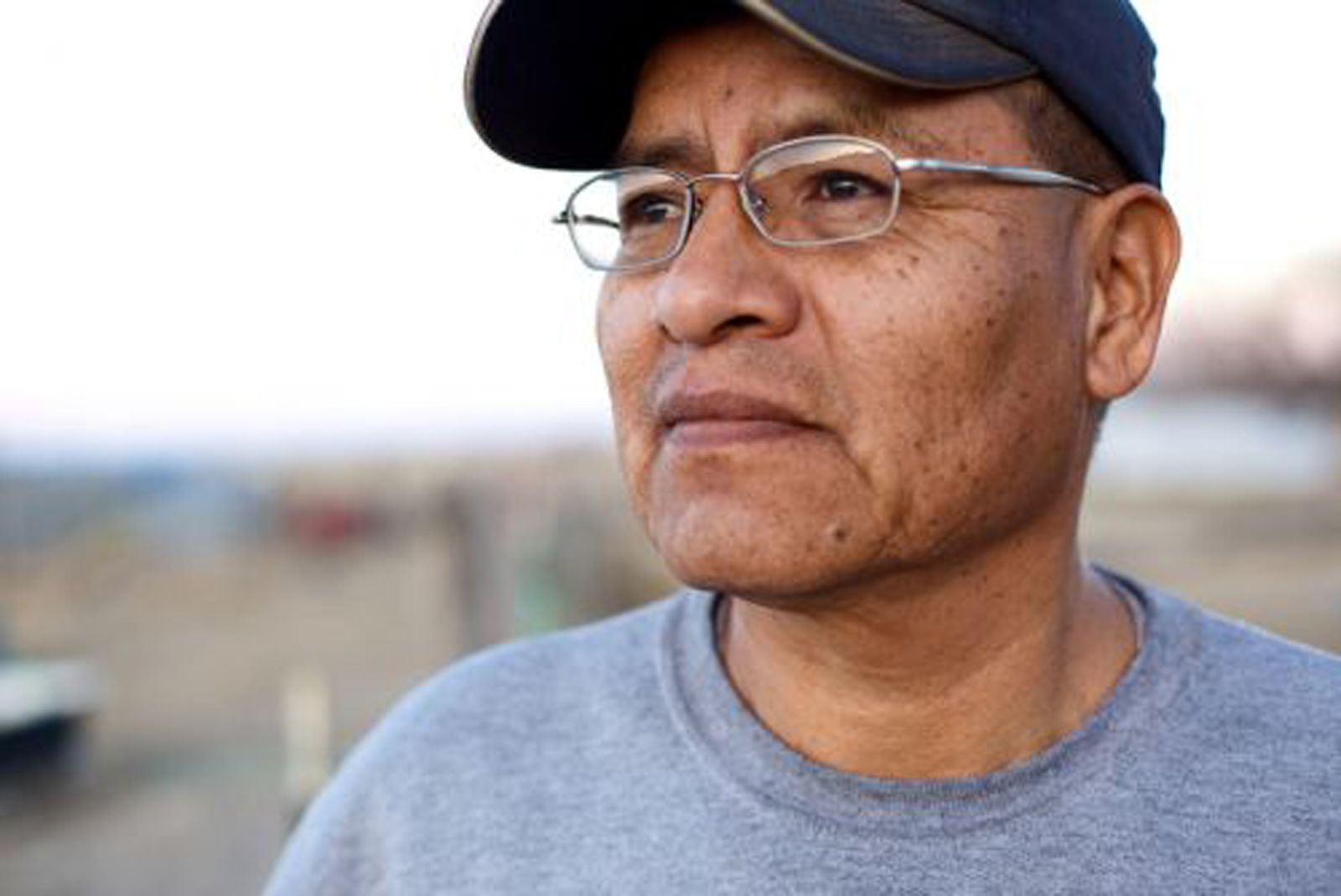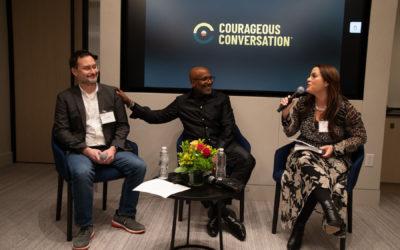June 14th, 2018
The public face of racial discrimination is usually an African American, or possibly Latino. However, members of any minority can face bias and prejudice at work and in their day-to-day lives. Tribal members, and others who identify as Native Americans, face their own unique threat of Native American racial discrimination. But there are ways to respond to the threat against the nation’s First Peoples.
In this blog post, I will review the Robert Wood Johnson Foundation’s poll regarding racial discrimination among minorities and a publicized panel discussion hosted by the Harvard T.H. Chan School of Public Health regarding Native American Racial Discrimination. I will identify unique challenges faced by native employees and will provide options for those facing discrimination at work.
In conversations about race relations in America, the risks faced by African Americans often take center stage. Sometimes, the loud voices of groups like Black Lives Matter can drown out the perspectives of smaller minority groups, including Native Americans. Stephanie Fryberg, associate professor of psychology and American Indian studies at the University of Washington, told NPR:
“Native people are generally omitted from discussions of discrimination. . . We have been rendered invisible in so many domains. . . the perception is that we’ve vanished or there is the negative stereotype that we are helpless, dependents or wards of the government. That is just not my experience.”
The Robert Wood Johnson Foundation’s racial discrimination poll makes an exception to that invisibility. In breaking down the statistics by racial minority, the poll, and a series of articles explaining the data, gave voice to a variety of racial groups, including Native Americans. The study included 342 adult Native Americans, asking questions about everything from police interaction and housing to workplace discrimination. It evaluated discrimination on the societal and community level, and asked people about their personal experiences, shedding light on the frequency of Native American racial discrimination.
Native American’s relative rarity (as compared to other racial minorities) doesn’t stop them from being the target of workplace harassment and discrimination. According to the Robert Wood Johnson Foundation’s poll, one third of all workers surveyed in the category report having personally experienced Native American racial discrimination when it came to pay or promotions. Over 30% said they had experienced discrimination when applying for jobs. More broadly, 39% of Native Americans surveyed reported personally experiencing offensive comments, racial slurs, and negative assumptions about their race.
Read more on the Eisenberg & Baum blog.




